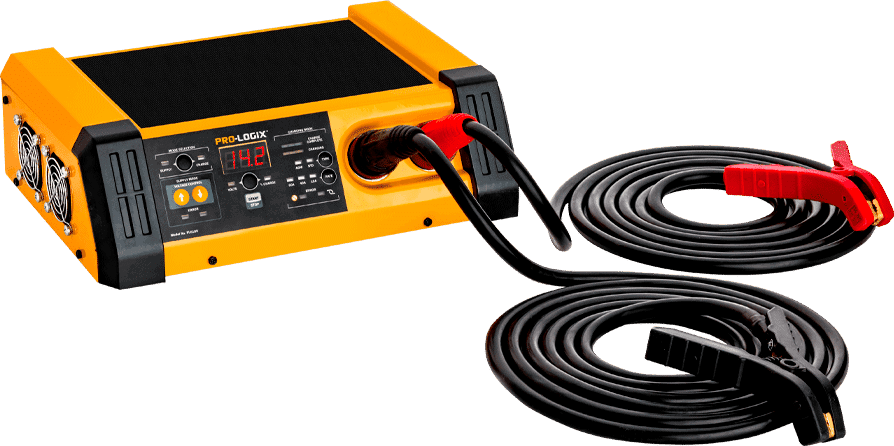Whether you are planning an epic road trip vacation or just a weekend getaway, the last thing you want is car troubles disrupting your journey. Following some simple maintenance best practices ensures your vehicle is ready to go the distance reliably and safely.
Check All Fluids
At least a week before your trip, check all your vehicle’s vital fluid levels, including engine oil, coolant, brake fluid, power steering fluid, and windshield washer fluid. Top off anything that is low per your owner’s manual specifications.
Low or dirty oil increases friction on engine components. Coolant keeps things from overheating. And you don’t want to run out of washer fluid for visibility when bugs start splattering your windshield.
Inspect Belts and Hoses
While you’re under the hood, inspect all belts and hoses for signs of dryness, cracking, or deterioration that could lead to breakage miles from anywhere. Replace anything that appears overly worn as a precaution.
Maintain Proper Tire Pressure
Tires are the only four points connecting your vehicle to the road, so their condition is paramount for safe handling and traction. Check that all tires, including the spare, have adequate tread depth remaining (at least 4/32″).
Ensure all tires are inflated to the recommended PSI levels listed on the placard inside the driver’s door jamb by using a quality tire gauge. Improper inflation causes excessive wear and compromises handling.
Check Battery Condition
A failed battery ranks among the most common roadside breakdowns. Testing your battery’s charge level and cranking capability in advance is cheap insurance against getting stuck.
For RVs or vehicles with multiple batteries powering accessories, the experts at Clore Automotive recommend using a battery maintainer for multiple batteries that can simultaneously maintain the charge on all battery banks.
Pack Emergency Supplies
Even with proper preventative maintenance, unexpected issues can always arise on the road. Be prepared by packing a basic vehicle emergency kit in your trunk.
At minimum, stock a first aid kit, reflective warning triangles or road flares, jumper cables, basic hand tools, duct tape, rags, a flashlight, snacks, and drinking water. Consider a portable jump starter or inflator too, if space allows.
Secure Loads Properly
If you will be hauling luggage, recreation gear, coolers or other cargo either inside or on roof racks/trailers, take time to properly secure everything so nothing shifts during driving.
Loose items rolling around the cabin are dangerous projectiles in a sudden stop. Unsecured roof loads create handling hazards or could fly off entirely. And unmounted trailer loads can jackknife disastrously.
Check Entertainment
There is nothing worse than cranky kids on a long road trip with a broken DVD player, video game system, or other entertainment options.
Before leaving, make sure any built-in monitors, headphones, and accessory power outlets are all in proper working order. Bring back-up disposable batteries or charging cables as needed.
You will also want to curate playlists of music, audiobooks, and podcasts accessible from multiple sources in case one method fails. Avoid the dreaded “I’m bored” complaints with plenty of entertainment variety.
Do a Quick Test Drive
After all your prep work, do a quick 15–20-minute test drive around town before embarking on an actual long road trip. This helps identify any glaring issues with the vehicle’s handling, steering, braking or other operating systems.
If anything seems amiss mechanically or the check engine light comes on, you will want to have it diagnosed by a mechanic and properly resolved prior to extended highway driving.
Conclusion
Spending some upfront time ensuring your vehicle is in proper working condition provides peace of mind for an enjoyable, hassle-free road trip. Don’t let a preventable breakdown derail your travel plans.
